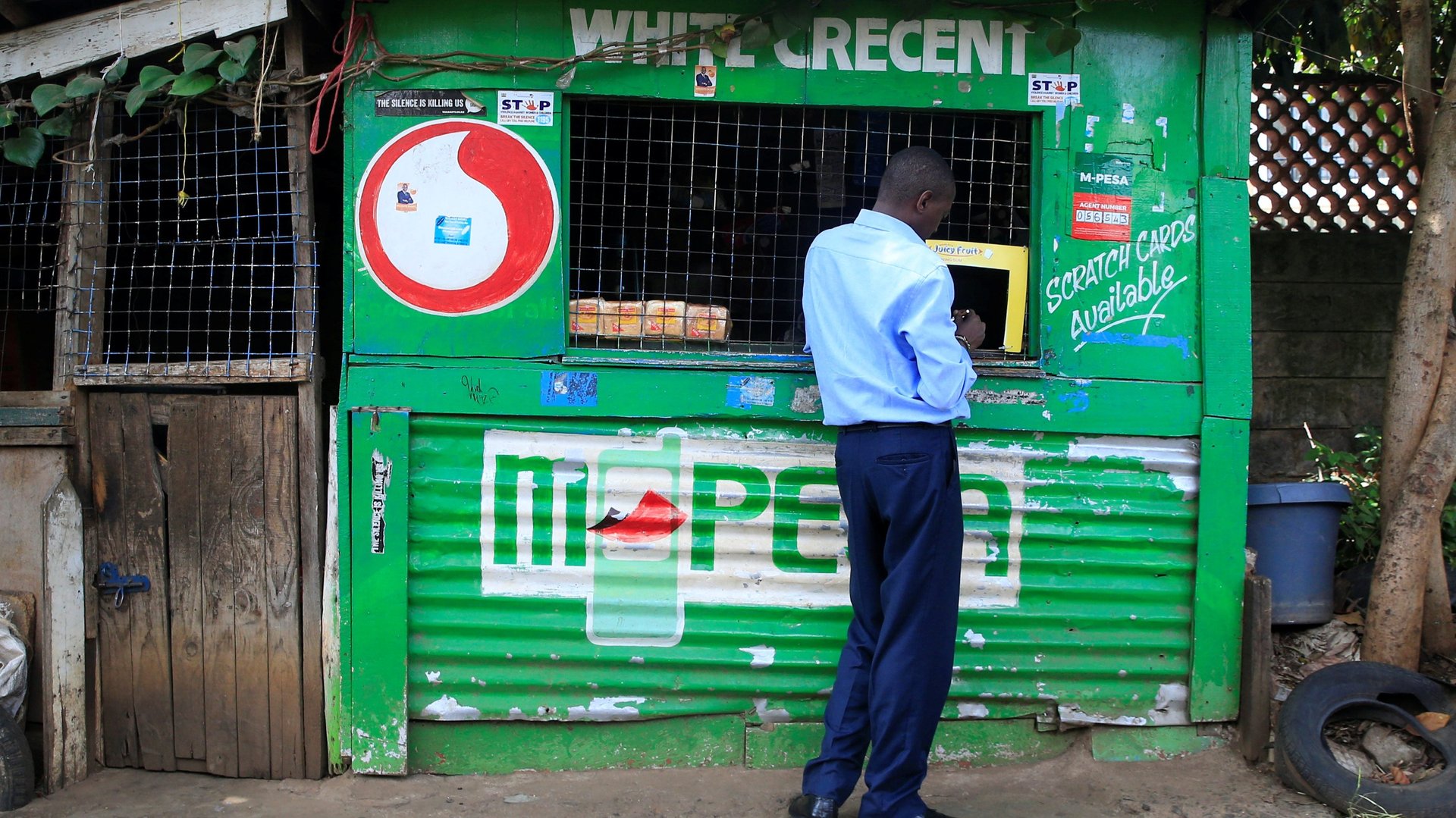African digital businesses face more obstacles as the internet gets dominated by “super platforms”
Digital enterprises in Africa are often heralded as the future of the continent’s development, particularly when it comes to “leapfrogging” the numerous barriers to becoming profitable businesses able to take advantage of internet technologies to scale rapidly.


Digital enterprises in Africa are often heralded as the future of the continent’s development, particularly when it comes to “leapfrogging” the numerous barriers to becoming profitable businesses able to take advantage of internet technologies to scale rapidly.
A report this month on the global digital economy from UNCTAD worries “wealth creation in the digital economy is highly concentrated in the United States and China, with the rest of the world, especially countries in Africa and Latin America, trailing considerably far behind.”
The UN agency also worries the dominance of global digital “super platforms” (Facebook, Microsoft, Apple, Amazon, Google, Tencent and Alibaba), their control of data, as well as their capacity to create and capture the ensuing value, will only accentuate the concentration and consolidation of their dominance rather than reducing inequalities between and within countries.
Ultimately, there’s the risk developing countries will just become providers of raw data, “while having to pay for the digital intelligence generated using their data.”
The report puts the opportunities and challenges for young African businesses in their rightful context against a backdrop of tough international competition, weak physical and digital infrastructure and the limited access to both capital and talent.
The authors frame their analysis of African digital enterprises as three strategic approaches. The first, described as customer-relationship scaling for local niche markets, is used by business-to-business digital enterprises in areas including customized software development for local firms and supply chain management systems. This strategy works because the digital enterprises often don’t require huge capital resources before acquiring customers and can also adapt and learn as they go along.
These companies could face international competition from large companies like a SAP or Microsoft but more often than not they’re better placed to customize for the peculiarities and limitations of the local market (such as poor bandwidth) than their much larger rivals.
The second strategy noted by UNCTAD for African digital enterprises is to be a “last-mile platform” providing a service through a digital-analog relationship. The example given here are platforms like M-Pesa (East Africa) or Paga (Nigeria) which use thousands of agents to help reach customers. This strategy works because African digital businesses operate in digital markets of low trust and capacity limitations along with other infrastructure weaknesses such as poor bandwidth.
A third strategy is for African digital businesses to “exploit the distance-bridging potential of digital technologies” by targeting customers in developed countries with a localized offering. The idea is to turn the startups’ physical presence in Africa into an asset. The most obvious example of this is Andela (started in Nigeria) and Gebeya (Ethiopia). Both “take advantage of the incessant demand for software developers in developed countries and the low cost of labour in Africa.”
Even though the internet offers African digital companies an opportunity to reach the world with just a few clicks, the report argues localization and adapting to their market challenges is key to ensuring a competitive advantage on the global stage.
However, even as these individual businesses grow there’s a concern not enough is being done to build African digital infrastructure across markets—”the enterprises seldom, if ever, create digital building blocks for innovators elsewhere in Africa or beyond.”
It was a point made during Quartz’s Africa Innovators panel at the World Economic Forum Africa last week. “We can’t allow our continent to become a dumping ground for crap from other countries,” argued Bright Simons, founder of Ghana’s mPedigree. “To do that, we need to build supply chain systems, regulatory systems, and defend them. And we need to have the technology and the systems to defend them.”
Sign up to the Quartz Africa Weekly Brief here for news and analysis on African business, tech and innovation in your inbox